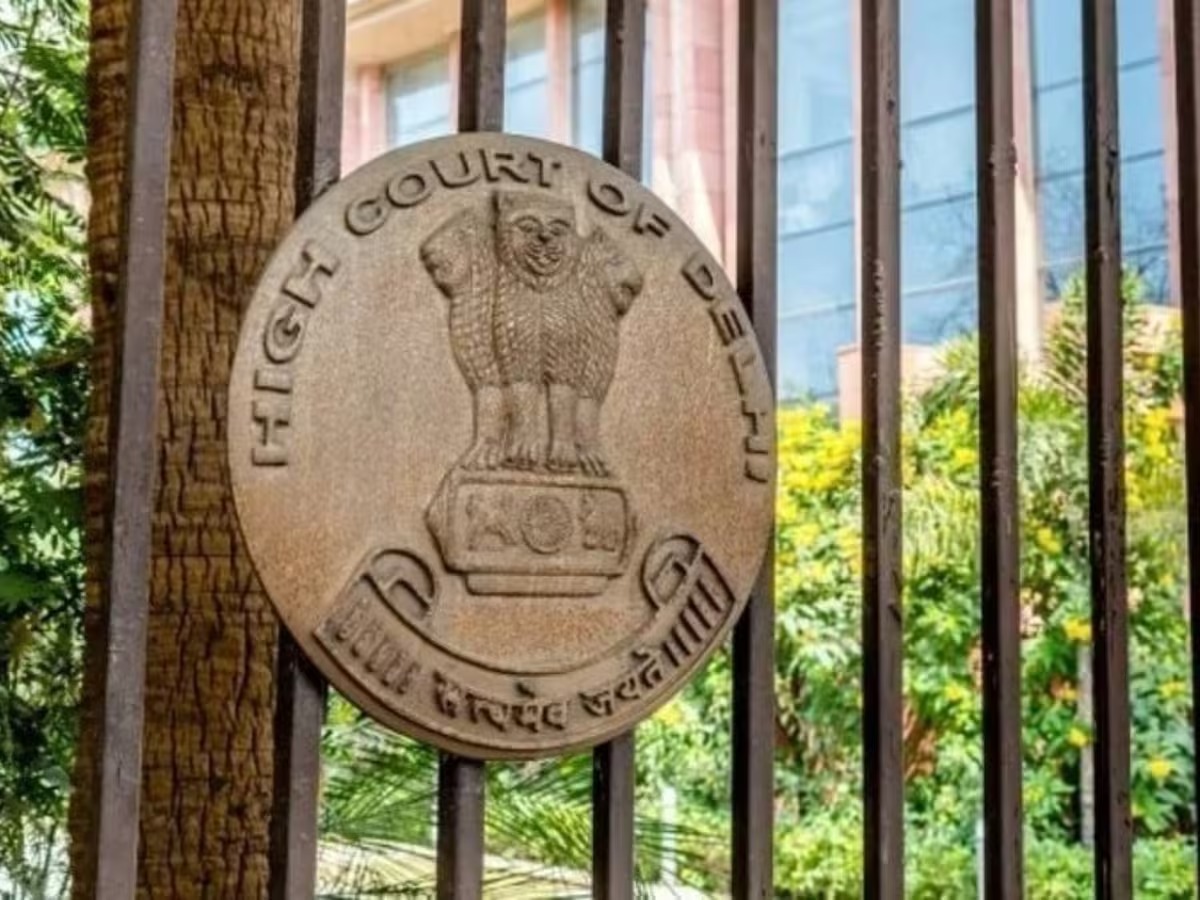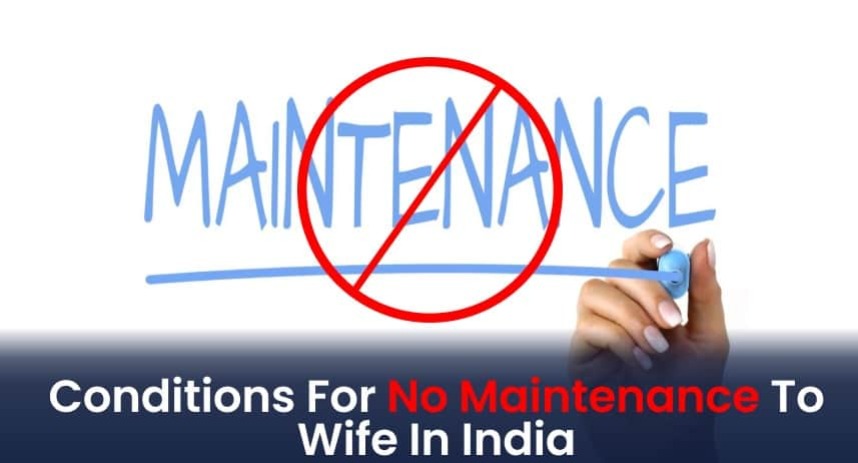Fletcher, J.@mdashThis is an appeal by the judgment debtor against the decision of the learned Subordinate Judge of Noakhali, dated the 21st of June 1916. The point lies in a very narrow compass and it is this: The properties of the judgment debtor had been attached and were to be brought to sale on the 17th April 1916. On that date, the judgment-debtor put in a .petition to the Judge asking that the sale might be postponed and that it might take place on the next sale day without a fresh "proclamation of sale and the attachment subsisting. The petition shows that the Court was not satisfied with that and required that the judgment-debtor should add a further undertaking to the petition, namely, that the judgment-debtor should not raise any objection on the ground of illegality or irregularity. That being added, the Court granted a postponement of the sale and the properties were not sold until the 16th May. Then the properties having been sold, the judgment-debtor preferred a petition on the 17th June 1916 to the Judge asking that the sale should be set aside on the ground of illegality and irregularity. The learned Judge took the view that there was a distinct breach of the undertaking given to the Court on the footing of which the judgment-debtor obtained a postponement of the sale. I think the learned Judge was right; and for this reason: whatever view may be taken of the terms of the undertaking given on the l7th April 1916, it is quite clear that that undertaking covered all illegalities and irregularities of which the judgment debtor was then aware. In the present case, there is no allegation by the judgment-., debtor that he was not aware of the matters, stated in his petition at the time he gave his undertaking to the Court on the 17th April 1916. It is quite clear that as regards all matters, at least of which he was cognizant at the time, he gave his undertaking on the 17th April, the judgment-debtor waived his right to object. The case of. Dhanukdhari v. Nathuni Sahu 6 C.L.J. 62 : 11 C.W.N. 848, that has been cited before a us, is clearly distinguishable. In that case, the learned Judge found that the judgment-debtor could not waive his objection as regards certain particulars on the ground that he had been kept out of knowledge of them by the fraud of the decree-holder, which is a totally different case from the present. The facts in the present case seem to be extremely simple. I think the learned Subordinate Judge came to a correct conclusion that, on the allegations made by the judgment-debtor, he precluded himself from going ''into these matters. That being so, the present appeal fails and must be dismissed with costs, one hundred rupees.
Syed Shamsul Huda, J
2. I agree.

